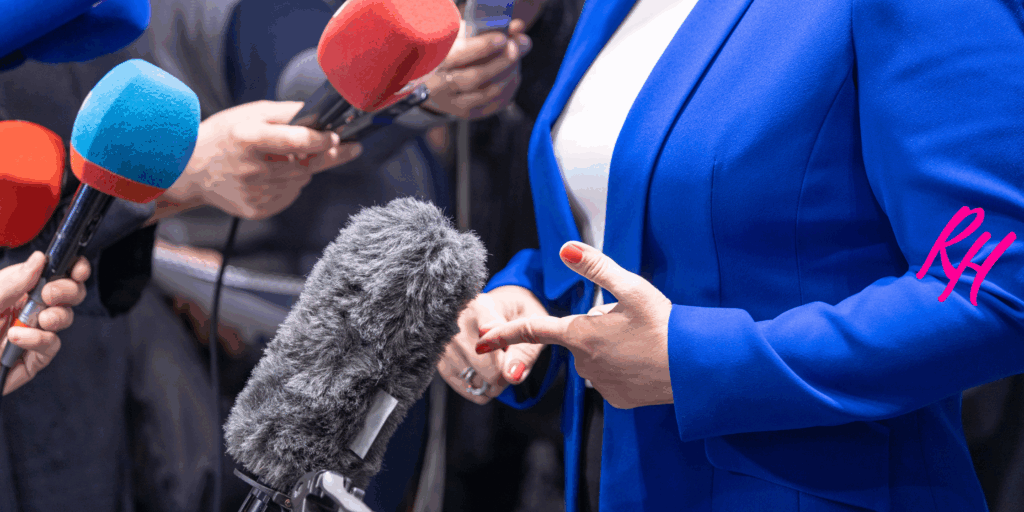[vc_column_text]In Jim Collin’s wildly popular book Good to Great, he describes the flywheel effect – how little by little with continued effort you can begin to turn a huge, heavy wheel…until the very momentum of that heavy wheel does the work for you. This week, I’ll describe how we can start to build new momentum that initiates a flywheel of positive changes in our own hormonal profile, and brain patterns.
As a stress physiologist and evolutionary biologist, I’ve dedicated my life to understanding how we can use science to improve our own outcomes. One of the most fascinating books I’ve come across in my research was Dr. Ian Robertson’s The Winner Effect: The Science of Success and How to Use It.
In it, he describes that in nature, biologists have long understood the consequences of the “winner” effect as a kind of success flywheel. When rivals compete, there is a massive release of testosterone and dopamine in the brains of the animal who wins the challenge, while the loser experiences the exact opposite, an immediate decrease in testosterone and dopamine.
This “loser” effect was adaptive in that it likely kept the loser of the challenge from being injured and showing up again to compete in challenges where it would be outranked. Over time, the losers in these competitions become more timid, and submissive, avoiding the costs they might incur by continuing to get into fights and challenging the dominance hierarchy.
The Winner however, experiences the opposite. Physical changes occur in their nervous system and endocrine systems that encourage more winning. In both instances the loser and winner effects have begun what business gurus like Jim Collins would call a flywheel of sorts. Positive feedback loops that will self-reinforce until the momentum you’re building begins to move the wheel effortlessly and it takes on its own propulsion pulling you along with its force. In other words….success will continue to pull you towards success or….and failure…more failure.
What flywheel are you building? Have you been winning or losing most recently? The crazy thing is that science demonstrates that the more one wins or loses, the more winning and losing actually affects them. Physiological changes in the brain after winning stimulate the production of more receptors for the hormones of winning which means the effects of those hormones are increased, making the winner more sensitive to the win and vice versa for the loser. Even at the molecular level, success breeds success.
So how can we use the winner effect to our advantage to begin taking on and conquering bigger challenges?
The key is stacking small wins every day.
What’s the smallest thing you can feel successful about? Do it. Then celebrate the win!
Clear inbox, small win!
Put away the laundry? SMALL WIN!
Chose to eat one fewer donut at the holiday party? SMALL WIN!
All of these small wins add up to a flywheel of success. No matter what your bigger goal is, you can manipulate your own biology in favor of helping you get there by celebrating all kinds of small wins throughout the day. They don’t even necessarily have to relate to the bigger goal. But be warned! When we set goals that are too big or too difficult to achieve, that same flywheel can work against us. Ugh I didn’t make my bed today. LOSS. I didn’t get out for my 5 mile run today. LOSS These losses add up just as powerfully as your wins, so make sure you have an overall balance that’s moving you in the direction of success.
How are you winning today?[/vc_column_text][vc_row_inner css=”%7B%22default%22%3A%7B%22margin-top%22%3A%221.5rem%22%7D%7D” columns=”1″][vc_column_inner][vc_video link=”https://www.youtube.com/watch?v=E7am4BilsAI&t=1s”][/vc_video][/vc_column_inner][/vc_row_inner]

![Fearless blog FEAR[less] blog](https://rebeccaheiss.com/wp-content/uploads/2024/05/Fearless-blog.png)


